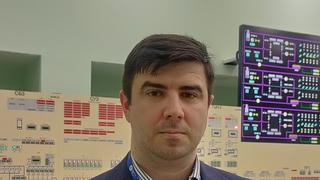Indian Institute of Technology Madras researchers have developed an Artificial Intelligence-based tool, ‘PIVOT’, that can predict cancer-causing genes in an individual and help in devising personalised cancer treatment strategies.
“The prediction is based on a model that utilises information on mutations, expression of genes, and copy-number variation in genes and perturbations in the biological network due to an altered gene expression”, says a release.
The research was led by Raghunathan Rengaswamy, Dean (Global Engagement), IIT Madras, and Professor, Department of Chemical Engineering; Karthik Raman, Associate Professor, Bhupat and Jyoti Mehta School of Biosciences, and a Core Member, Robert Bosch Centre for Data Science and Artificial Intelligence (RBCDSAI) and Malvika Sudhakar, Research Scholar.
The findings of the research have been published in a peer-reviewed journal Frontier in Genetics (https://doi.org/10.3389/fgene.2022.854190).
The tool is based on a machine learning model that classifies genes as tumour suppressor genes, oncogenes or neutral genes. The tool was able to successfully predict both the existing oncogenes and tumour-suppressor genes. Although there are tools available to identify personalised cancer genes, they use unsupervised learning and predict based on presence and absence of mutations in cancer-related genes.
This study, however, is the first one to use supervised learning and takes into account the functional impact of mutations while making predictions, the release said.







Comments
Comments have to be in English, and in full sentences. They cannot be abusive or personal. Please abide by our community guidelines for posting your comments.
We have migrated to a new commenting platform. If you are already a registered user of TheHindu Businessline and logged in, you may continue to engage with our articles. If you do not have an account please register and login to post comments. Users can access their older comments by logging into their accounts on Vuukle.